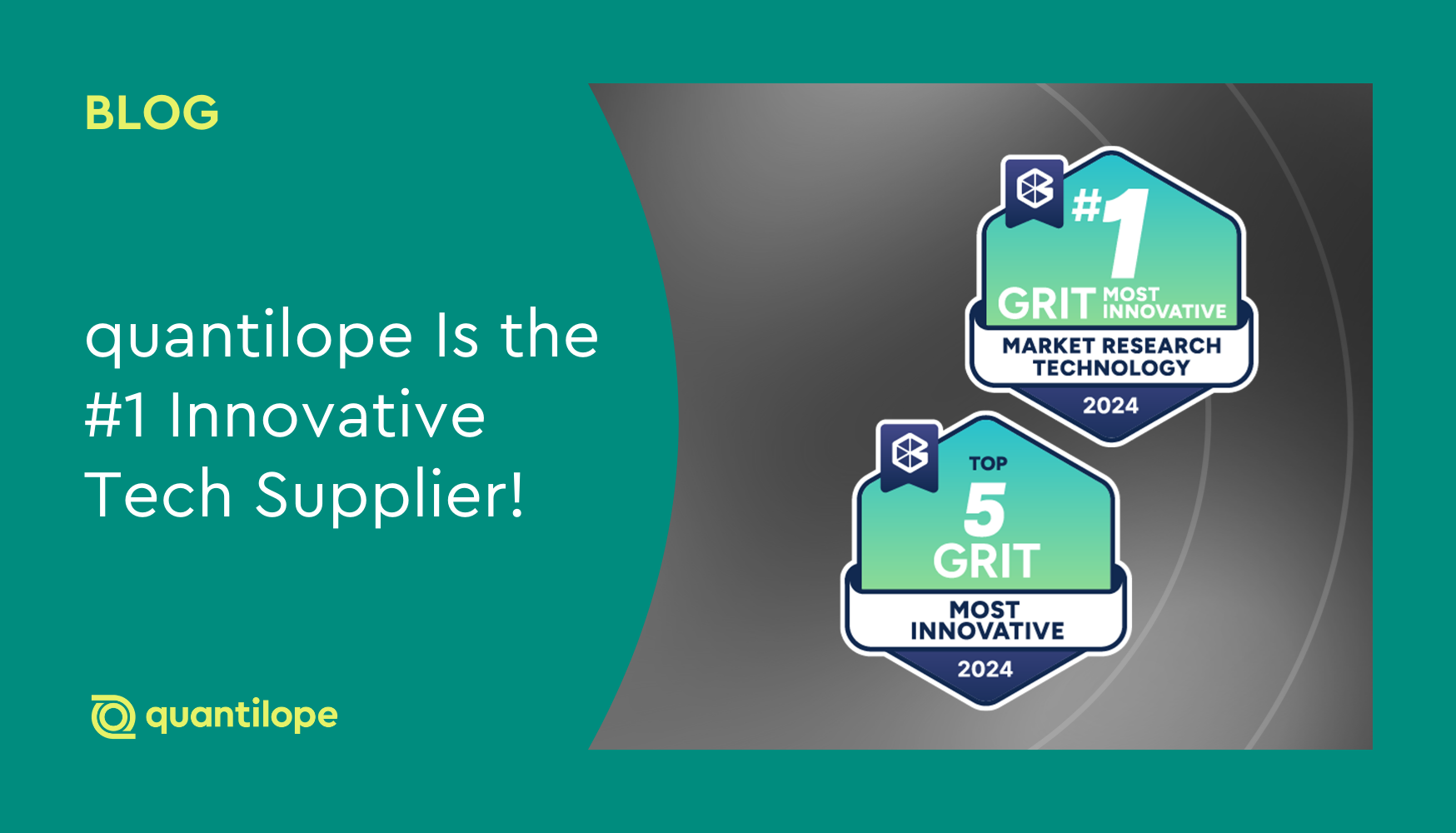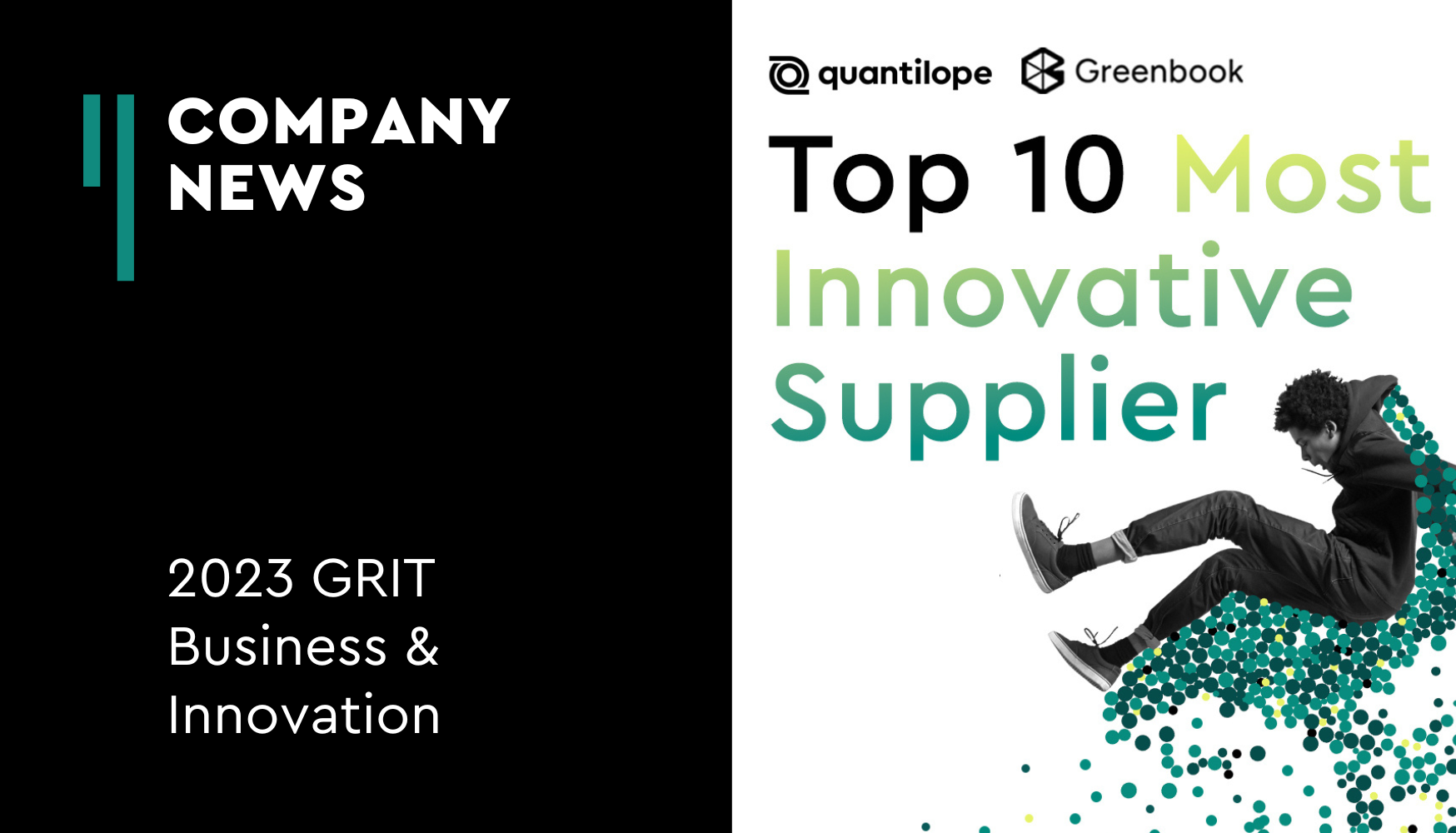January 17th, 2022: The market research technology company quantilope publishes its new practice guide for professional, automated pricing research. With the costs of energy and raw materials rapidly increasing as well as inflation on the rise, professional pricing research is becoming increasingly important for brands' pricing strategies. quantilope’s new guide explains techniques that brands can use to set the right price point to accommodate rising costs, and protect their business from losing market share.
Global insights automation technology provider quantilope releases its new guide for professional automated pricing research. The guide explains advanced, automated pricing research methods for optimal, informed pricing of products and services as well as consumers' price perceptions and willingness to pay. The guide covers the methodological approaches, usage as well as application examples of automated pricing research for brands. This new guide is particularly relevant for insights and marketing managers of B2C brands.
With the recent rise in the cost of energy, materials and raw materials, as well as increasing inflation, professional pricing research is becoming increasingly important for brand pricing strategies. To enable brands to conduct research at the speed that’s needed to respond to this pricing challenge, quantilope has automated two of the commonly leveraged and powerful research methods for brand pricing: Choice-Based Conjoint Analysis (CBC) and the Price Sensitivity Meter (PSM), also known as Van Westendorp Method.
"Conjoint analysis is considered the royalty and gold standard of pricing research. We have automated conjoint, one of the best yet most complex methods in the field, and made it easy for insights teams to use on a daily basis. With quantilope, insights teams can apply cutting-edge pricing research methods in hours instead of weeks and uncover the levers and potentials for pricing quickly and soundly," explains Dr. Peter Aschmoneit, CEO and Co-Founder of quantilope.
Automated pricing research provides brands with information and a deep understanding of their target audience, what price they can realistically charge in the marketplace, and how much consumers are willing and able to pay for products and services. The pricing research methods also contribute to innovation pricing, market launches and rebrandings of new and existing products.
“The result is a win-win situation: consumers feel their voices heard, and brands are empowered to better maintain their profits amidst shrinking budgets to offset the rise in material costs through an optimal pricing strategy," explains Dr. Peter Aschmoneit.
The USA is suffering from an inflation rate of over 5 percent, the highest level in more than 30 years (source: The Economist, November 2021). In Europe, brands are also facing increasing pressure due to rising raw material costs and a year-on-year inflation rate of +5.2 percent (source: German Federal Statistical Office, November 2021).
The guide can be downloaded free of charge on quantilope’s website: website: https://www.quantilope.com/resources/ultimate-guide-to-automated-pricing-research
Download press release
About the methods
Choice-Based-Conjoint (CBC)
Choice-Based Conjoint Analysis (CBC) is used to measure preferences (e.g. attribute importance), and the willingness to pay for products and services. CBC asks participants to make trade-off decisions between different products in a competitive environment. These trade-off decisions can then be used to find out how purchase likelihood is influenced by various product attributes, such as brand, price, or technical attributes (e.g. a smartphone's battery life).
Unlike other quantitative pricing methods, a conjoint analysis takes into consideration multiple aspects of a product and places them in a competitive context (two reasons why this method is considered more sophisticated than other approaches). This creates a scenario that most closely simulates a real-life shopper experience by comparing different products when it comes to packaging type, ingredients, and of course, price.
Learn more (including demo video)
Price-Sensitivity-Meter (PSM)
Price Sensitivity Meter (also known as Van Westendorp method) is used to investigate different price perceptions and the price limits consumer's place in relation to a specific product or service.
Learn more (including demo video)
Visuals






